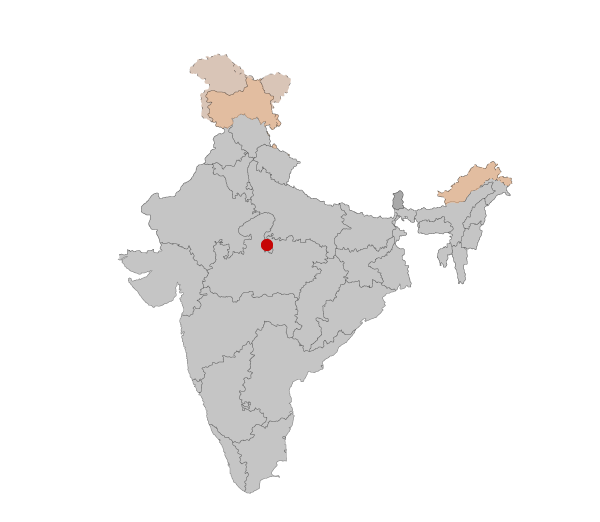
G was the former pradhan (head) of the village, and stood talking to us under a neem tree heavy with fruit. He lived only with his wife, but his children, who had married and had families of their own, lived just across the street from him. An old well and a few stone slabs - which signified the presence of a Hindu deity - lay between their houses. G’s granddaughters were still at school and one was preparing to go to university. His wife sat at the threshold of the house, and on being asked her name, told us to ask G, instead; implying that she had to have his permission to tell us her name. As his granddaughter pumped drinking water for their cow into a plastic bucket, G told us how he had spent all his life taking part in local politics, all the while smoking a thin beedi (cigarette rolled from leaves.) Most of the people who lived in this part of the village were related to G in some way.
As the afternoon became hotter, women walked past on their way to wash clothes and collect water, and ferrying fresh smoked khapra (terracotta) tiles from a nearby smoking pit to their homes.
